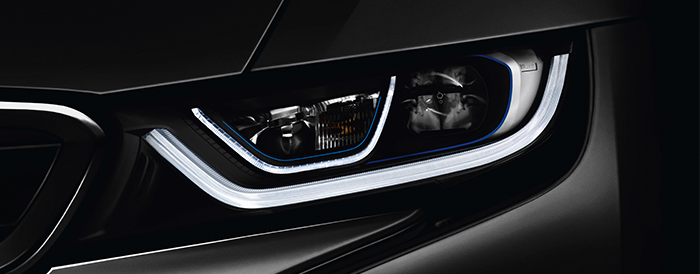Japanese consumer electronics manufacturer Panasonic is in talks with Austrian headlight maker ZKW Group, a Bloomberg report quoted person familiar with the matter saying.
Details of the transaction value are still to be announced, said the person, who chose anonymity because of the ongoing negotiations. Japanese-language newspaper Nikkei estimated earlier the headlight manufacturer could value 100 billion yen (US $880 million).
 |
|
ZKW Group's laser headlight. (ZKW/LEDinside) |
Hitomi Ishikawa, a spokeswoman for Panasonic declined to comment.
Panasonic’s interest in the Wieselburg-based ZKW, a LED headlight manufacturer, is related to its efforts to expand into the automobile market, as demands in electronic appliances slows down. The manufacturer has invested in electric car batteries, including for Tesla Motors.
Moreover, Panasonic has poured investments in automated cars, a field where automotive lights are playing increasing importance in component safety.
In the global automotive lighting market, leading Japanese automotive lighting manufacturer Koito and French car light maker Valeo have nearly 50% share in the market, while ZKW has a mere 5% share.
Founded in 1938, ZKW specializes in high-beam headlights that reduce glare for oncoming drivers or pedestrians. The company forecasted its revenue would exceed EUR 900 million (US $952 million) by 2016, up from less than EUR 400 million in 2011.
Panasonic is eying ZKW for its automotive lighting know-how to integrate with its extensive sensor technology, hence the two companies will be working together to develop new automotive lighting products to overtake Koito and Valeo’s markets.
The Japanese company already has a 49% stake in Spanish automotive component manufacturer Ficosa International SA in 2015 to develop electronic mirrors for cars, reported Chinese-language paper Money DJ.
Other companies including Samsung acquired connected automobile solution specialist Harman International Industries for US $8 billion, while Siemens and Valeo established a joint venture to develop drivers for electrical vehicles (EV).





 CN
TW
EN
CN
TW
EN






